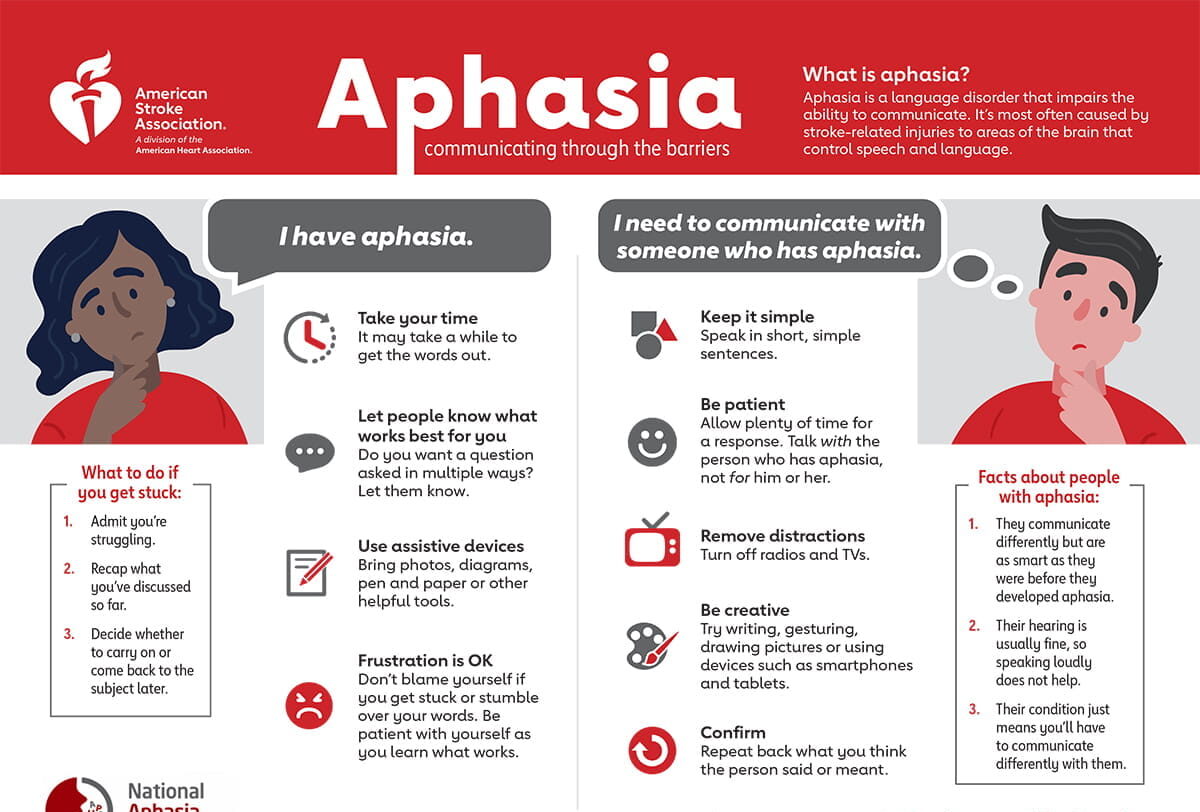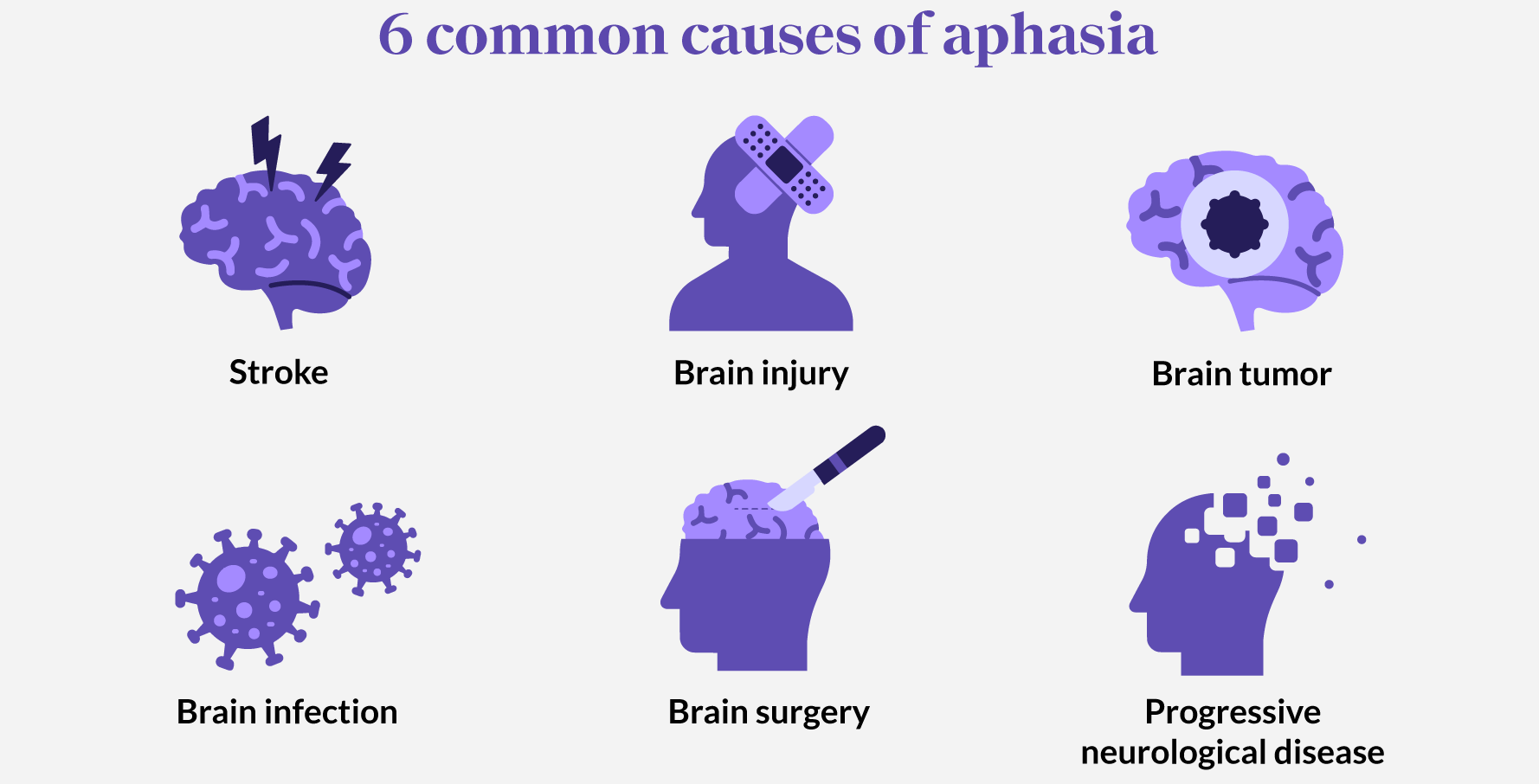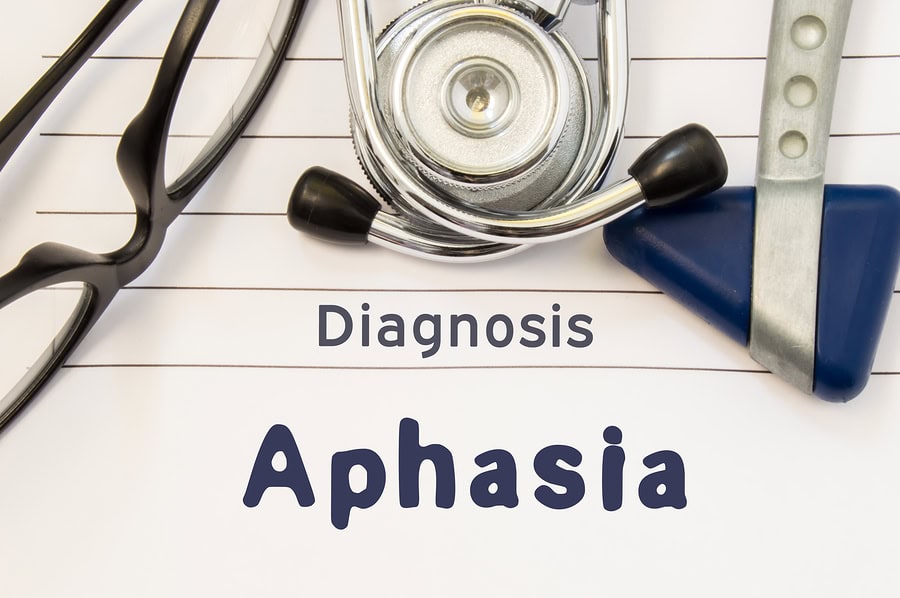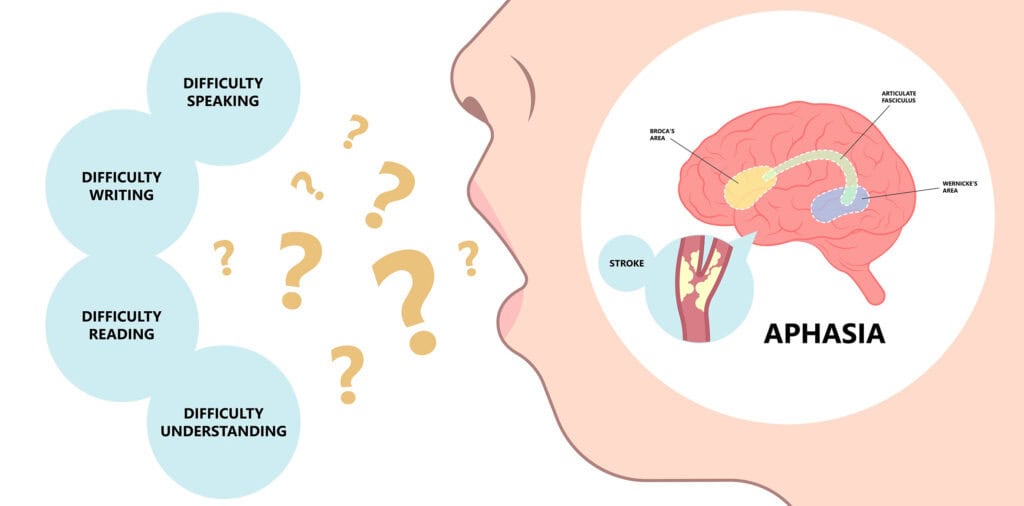Aphasia is a language disorder caused by damage to specific areas of the brain. It can affect a person’s ability to speak, understand language, read, and write, which has a profound impact on communication. This condition typically occurs suddenly and most commonly follows a stroke, but other brain injuries or diseases can also lead to aphasia.
1. Understanding Aphasia
Aphasia occurs when certain areas of the brain responsible for language processing are damaged. These areas are generally located in the left hemisphere, though right-sided brain damage can also cause language difficulties in some cases.
Common Causes:
- Stroke (leading cause)
- Traumatic brain injury
- Brain tumors
- Progressive neurological diseases like Alzheimer’s
When these areas are damaged, a person may lose their ability to communicate effectively.
2. Who Can Acquire Aphasia?

Aphasia can affect anyone, but it is more common in older adults due to the higher incidence of strokes in that population. However, it can also develop in children, young adults, and middle-aged individuals.
- Over 1 million people in the U.S. live with aphasia.
- Strokes occur more frequently in adults, making them the most at-risk group.
3. Types of Aphasia
There are two main categories of aphasia:
3.1 Fluent Aphasia
- Wernicke’s Aphasia: People with this form speak in long, often meaningless sentences and struggle to understand spoken language.
- Anomic Aphasia: This form involves difficulty finding the right words (especially names of objects), but speech remains fluent.
3.2 Nonfluent Aphasia
- Broca’s Aphasia: Speech is short and effortful, but comprehension is often good. People with Broca’s aphasia may only speak in fragmented sentences like “Want food.”
- Global Aphasia: The most severe form, where a person has difficulty both understanding and expressing language.
4. Causes of Aphasia

Primary Causes:
- Stroke: Leading cause due to the sudden interruption of blood flow to the brain.
- Traumatic brain injury (TBI): Head injuries can result in brain damage affecting language areas.
- Brain tumors: Can press on or invade language centers of the brain.
- Infections: Brain infections like encephalitis may lead to aphasia.
- Degenerative diseases: Progressive conditions such as Alzheimer’s can cause aphasia over time.
5. Symptoms of Aphasia
Aphasia symptoms can vary depending on the type, but common indicators include:
- Difficulty speaking or forming coherent sentences.
- Trouble understanding spoken or written language.
- Challenges in reading and writing, including mixing up words or phrases.
- Inability to name objects (anomic aphasia).
Each type of aphasia presents distinct symptoms, such as fluent speech with poor comprehension (Wernicke’s) or effortful speech but good comprehension (Broca’s).
6. Diagnosis of Aphasia

Aphasia is typically diagnosed through a combination of clinical assessments and brain imaging.
Diagnostic Tools:
- Language evaluations: Assess the patient’s ability to speak, understand, read, and write.
- Brain imaging (MRI, CT scans): Used to identify damage to the brain’s language centers and determine the cause.
These assessments help healthcare professionals pinpoint the type and severity of aphasia.
7. Treatment and Recovery
Treatment Strategies:
- Speech therapy: The most common treatment, focusing on rebuilding language skills and compensating for lost abilities.
- Rehabilitation programs: Individualized plans tailored to each patient’s needs.
- Technological aids: Apps and software can assist with language practice.
Recovery Process:
- Early intervention offers the best chances for improvement.
- Some people may recover partially or fully, while others require long-term therapy.
Support:
- Support groups and resources for both patients and families are crucial in managing aphasia and coping with its challenges.
Conclusion
Aphasia is a complex language disorder with significant impacts on daily life. By understanding its causes, types, and symptoms, people can better support those affected. Early diagnosis and intervention are crucial for recovery, and numerous resources are available to help individuals and families manage this condition.
If you or someone you know is dealing with aphasia, don’t hesitate to reach out for support and seek specialized care.







